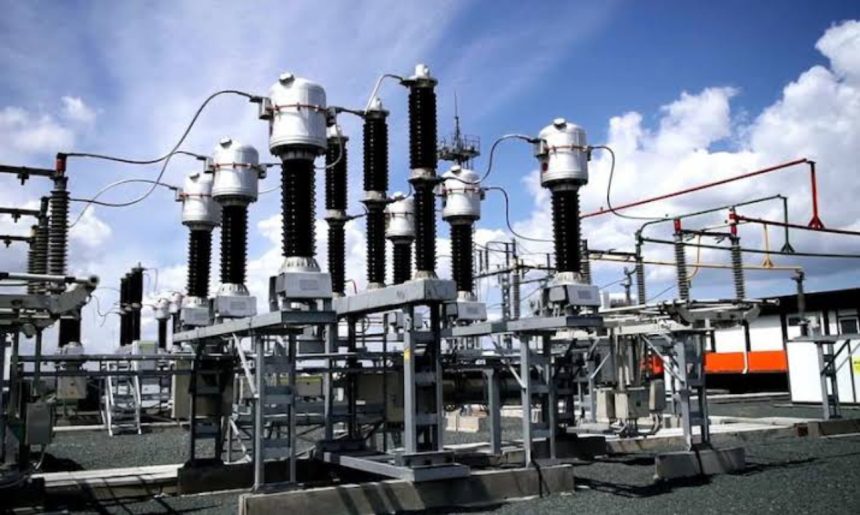Nigeria’s power generation has experienced a significant drop of 32.31% to 2,775 megawatts (MW), marking a stark contrast from the 4,099.87MW reported last week.
This decline comes amid the controversy surrounding the new electricity tariffs and the persisting issue of insufficient power supply.
The Nigeria Electricity System Operator (NESO), a subsidiary of the Transmission Company of Nigeria (TCN), released this data, highlighting the ongoing challenges within the power sector.
Despite a recent revision in the billing for Band A power consumers, Vanguard’s investigations reveal no improvements in the power value chain.
The shortfall is attributed to a lack of gas supply to thermal stations and deteriorating transmission infrastructure, with the average power generation hovering around 4,200MW this year.
The Independent System Operator (ISO) detailed that as of 6 pm yesterday, the power distribution to the eleven Distribution Companies (DisCos) stood at 2,775MW.
Abuja Disco received the highest allocation of 428MW, followed by Ikeja Electric at 422MW, and Eko Disco at 359MW. The lowest allocations went to Yola Disco at 79MW and Jos Disco at 158MW, among others.
The inadequate power generation has led to insufficient transmission and distribution capabilities, forcing DisCos to implement load shedding to manage the limited electricity supply across various regions.
In response to the power shortages, some DisCos have taken to social media to communicate with their customers.
For instance, Ibadan Disco issued an apology for not meeting the expected service hours due to technical issues on the 33kv lines, reaffirming their commitment to providing the estimated hours of power supply.





